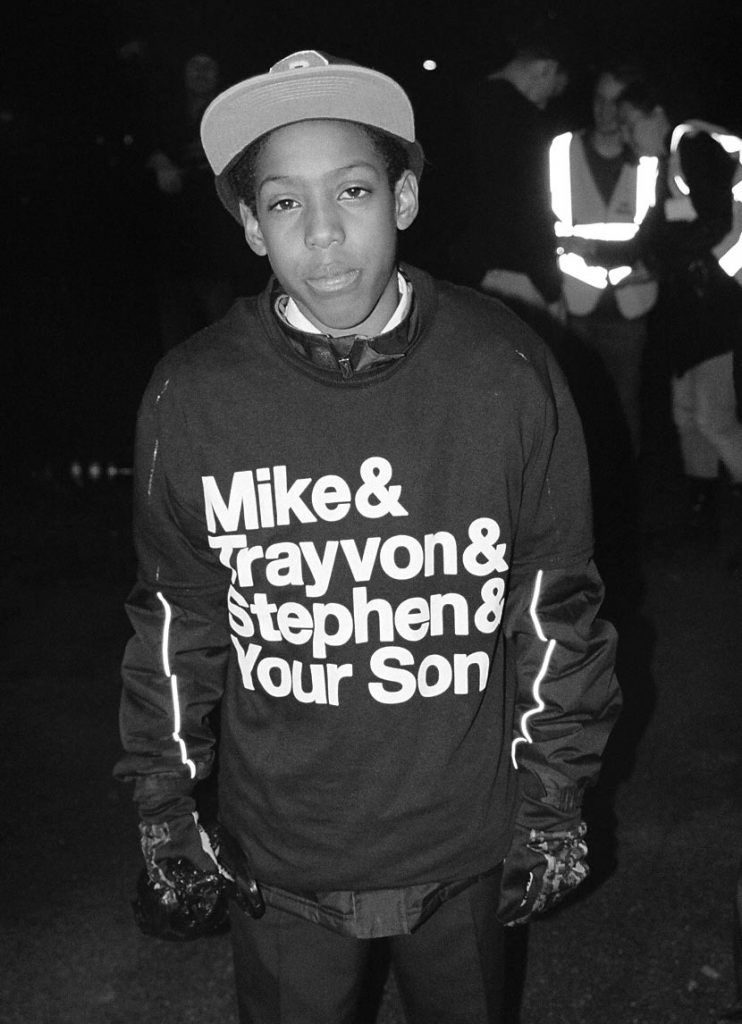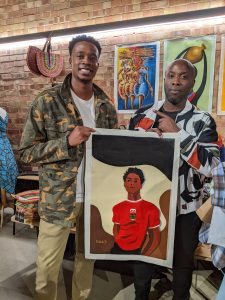“Black History is torture porn” – Kanye West
This quote was from my man Kanye West. But this was in his old testament phase as I like to call it, when he was producing tracks like All Falls Down, We Major and Crack Music to name a few.
These bodies of work spoke to me personally. This was when I really started to pay attention to the words in music. Although I could never identify with the bragging nature of some of his tracks, every now and then a certain line from a track would stay in my memory.
Since that time, he and his music have gone through a transformation, into what I now refer to as Ye, the new testament. However, this blog post isn’t about Kanye West, it is about Black History Month. To kick it off, I’m going to quote Ye from his new testament phase:
So here we go. Black History Month. Every year they gotta remind us about the fact that we couldn’t vote, ‘they’ meaning white supremacy construct
Does Kanye have a point? Are we torturing ourselves when we read about our history? Are we failing to move on when we dedicate a whole month of remembering our past and those who came before us?
With most things that Kanye says, I gave it time to sink in and read into the meaning. The heading of the article was Kanye West: Black History is torture porn. Pure clickbait.
So I read it through for full context.
I get what he means. Throughout this month, we are shown many stories of our people’s hardships, as well as disgraceful and unlawful murders. Although I get what he means, I’d like to stress that I do not agree with him. At all.
I believe that all history should be remembered, even the parts which you don’t want to relive.
We need to remember and understand the smaller moments in history, because it allows us to understand what has led to significant moments in our history.
For example, the story of Rosa Parks refusing to vacate her seat on the bus for white passengers. There were so many ripples in our history that led to this tsunami of an event.
There are sometimes small ripples and sometimes big ripples. We don’t know at the time how big they are? They only become relevant once the tsunami hits.
In the 1900s, learned black individuals; Booker T Washington and W.E.B. Du Bois were given a platform to speak to numerous black people. As they were educated men, they could also speak to the white man on a level.
The NAACP (National Association for the Advancement of Colored People) was formed in 1909. This group was formed to have a formal voice to protest the constant violent treatment of black people from the whites in America.
In 1916, Marcus Garvey came through. Informing black people how beautiful we are. He also started a movement to get the African Americans to migrate back to Africa. The motherland.
In 1920, the Harlem Renaissance came about. This was a celebration of the arts. Specifically the African Americans who excelled in music and poetry. The artists started to become more mainstream and celebrated. Artists such as Bessie Smith and Louis Armstrong were 2 of many who emerged in the scene.
1944, around 3 million African Americans enlisted for World War II. 3 Million people who were oppressed in their own country and treated like second class citizens. What do you think their motive was for fighting? Did they think that fighting for America would enable their race to be treated equally? I would’ve thought so too, but unfortunately the black soldiers faced racism from within the army.
In 1947, Jackie Robinson became the first African American to play professional baseball. His come up was an amazing read; after his honourable discharge from the US Army, he was playing baseball at a low level, and was picked out by Branch Rickey who was general manager of the LA Dodgers.
Although new to the professional game, Robinson excelled in the game and made history. Not only because he was the first African American to play professional baseball, but he also earned Rookie of the Year in 1947.
Robinson is so vital to American history because the white rulers of that nation began to understand that although oppressed, blacks were not the second class rate citizens that they all taught to believe.
Robinson had a pivotal role within this time period because other sports such as tennis and basketball removed segregation and allowed blacks to play alongside whites. Another reason why Robinson deserves accolades is because he used his position as a prominent black sports star to speak out against the oppression of Blacks in America.
This is why it makes me angry when I read people saying that sportspeople should not be involved in politics. It makes me angry because sports people are just that… People.
In 1954, there was a legal case which grew a lot of traction as it involved young black kids and education. In a long drawn out case, the US Court finally ruled that public schools in America should be integrated. Although this rule was met with celebration amongst the black community, there was notable uproar from the southern states – but this isn’t about them!
Now we reach 1955, but before we speak about Rosa Parks, there was the tragic story of Emmet Till. He was 14 years old when he was accused of violating the strict racial rules of Jim Crow. A white girl accused him of flirting with her whilst in a shop.
Emmet Till was beaten, shot and thrown in the river to die. Two white males confessed to kidnapping Till but were acquitted of murder. This story gained more traction because Till’s mother had an open casket for his funeral so that the American people could see the brutality that was inflicted upon her young son.
In 2018, the white lady in question, Carolyn Donham confessed that she had lied and her accusations against Till were false.
Back to 1955, and the courageous Rosa Parks. After witnessing all of these ripples, Rosa Parks’ frustration built up, empowering her to stand up for her rights causing a great tsunami.
If Rosa Parks (and others) also felt that black history was a negative construct made by white supremacists and refused to pay attention, I don’t believe that they would have the belief and confidence to lead their individual protests.
Not all Black history is negative. There are many positive and uplifting stories of people who are celebrated and are role models to people (of all races) today.
I am happy that there is a black history month. I am glad that England takes the time out to acknowledge Black people of note. However, I would gladly welcome the UK acknowledging Black history as a part of history and taught as standard in the curriculum.
With that I refer to Kanye West’s line from his track with Rhymefest:
I state the stats to stunt, I don’t need to front
Make Black history every day, I don’t need a month
Black people break down barriers every day in order to progress our movement and are also celebrated through social media platforms. I make it my mission to celebrate black people of note that British history forgot on my Instagram.
What are your thoughts on Black history Month? Happy with the ripples, or are you over it and want us to move on?
#BlackHistoryMonth #RosaParks #KanyeWest #EmmetTill





